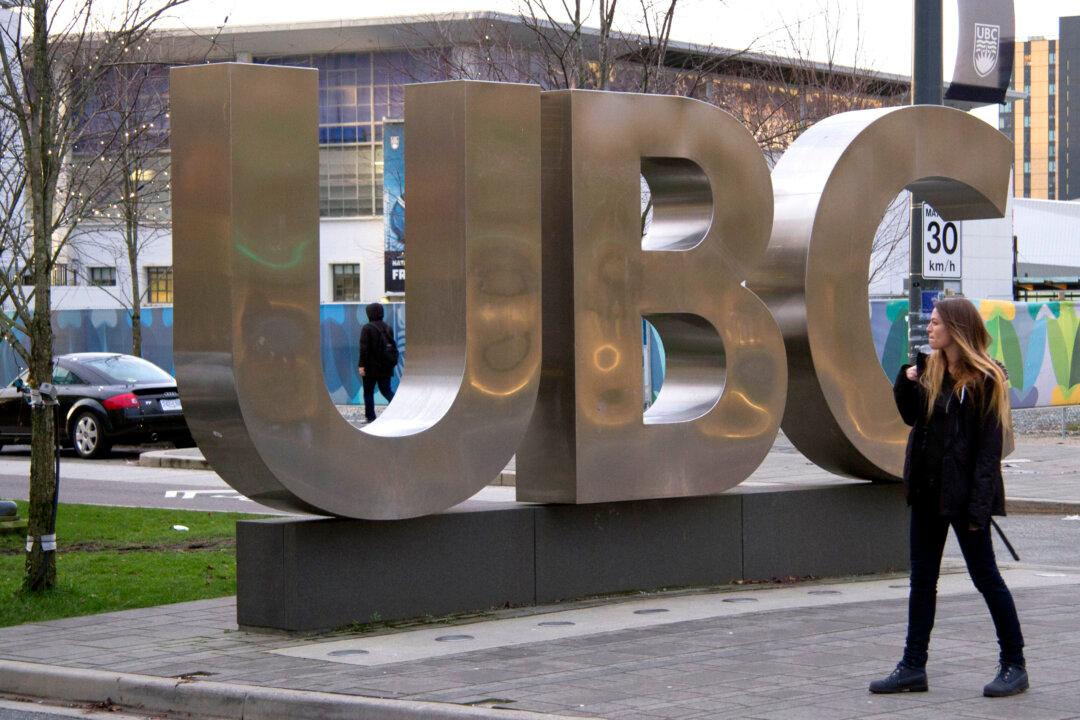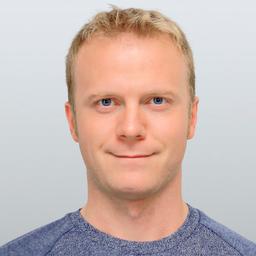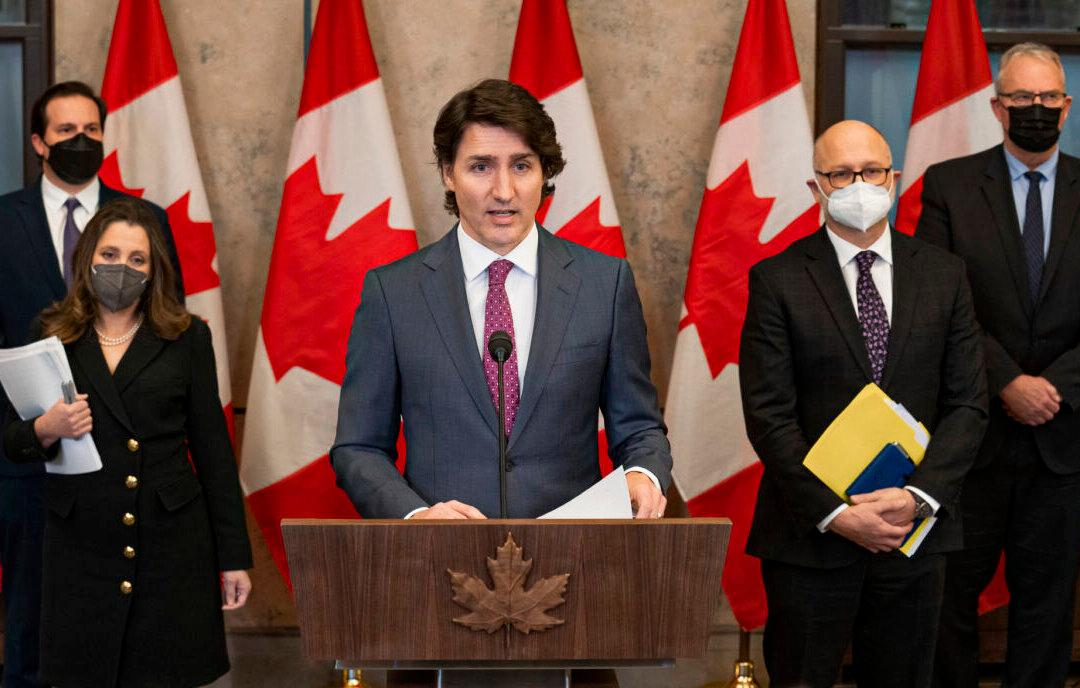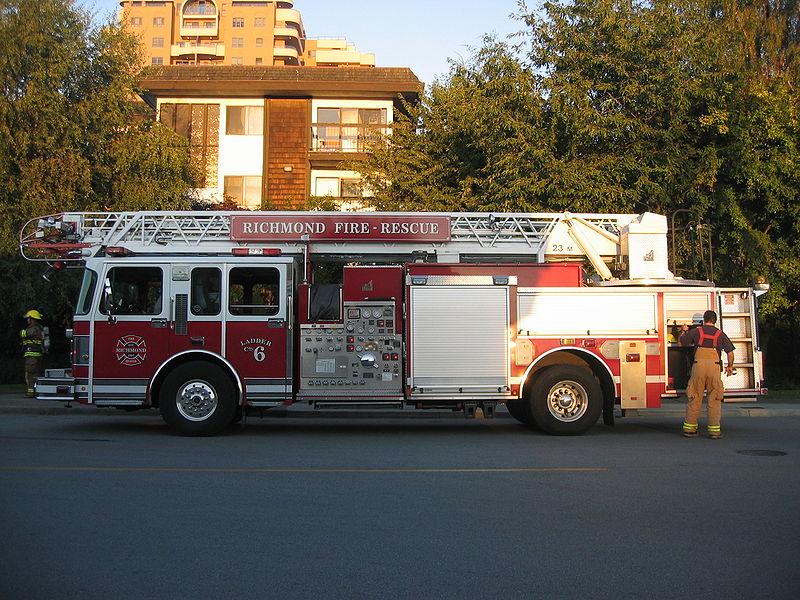Amid the ongoing wave of controversy over free speech on Canadian campuses, the University of British Columbia is expected to release its official policy on freedom of expression sometime next month.
But one noted philosophy professor says the updated policy will have a difficult time pleasing both the left and right—who are completely polarized on the issue—and may not even protect freedom of expression.





